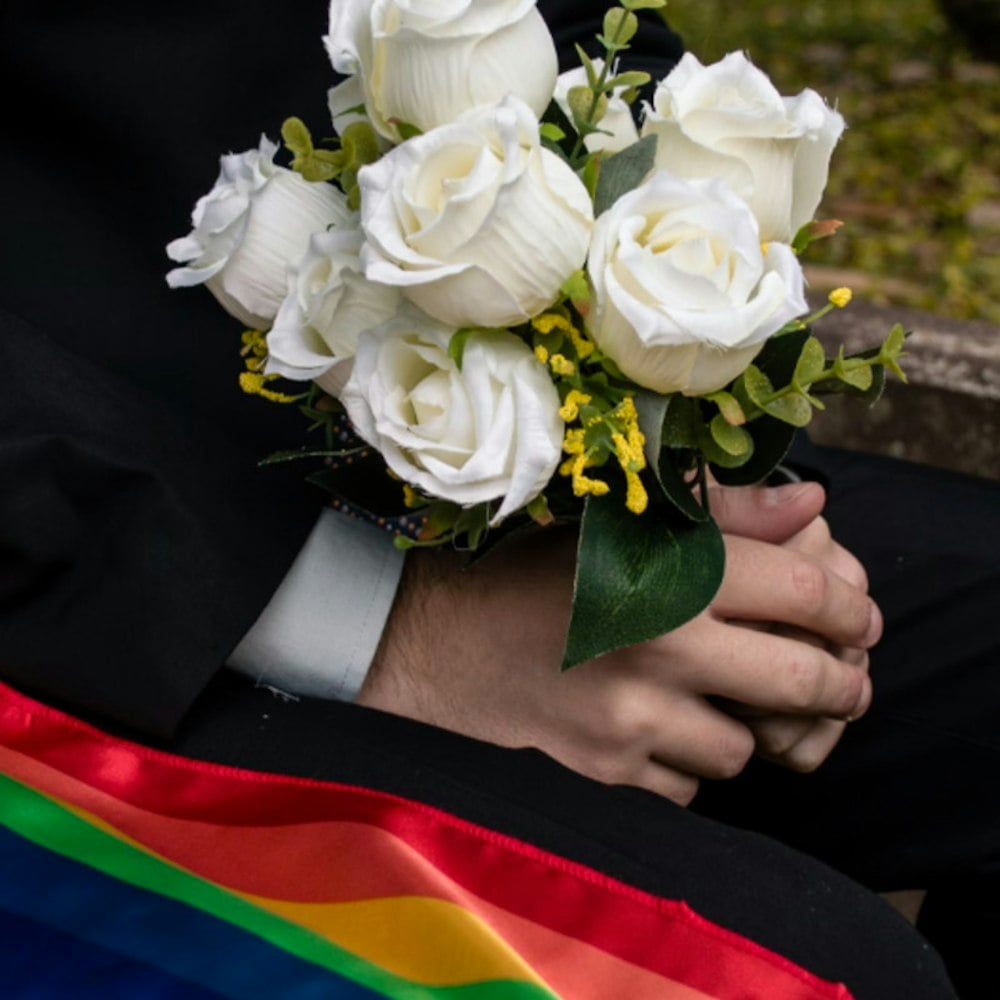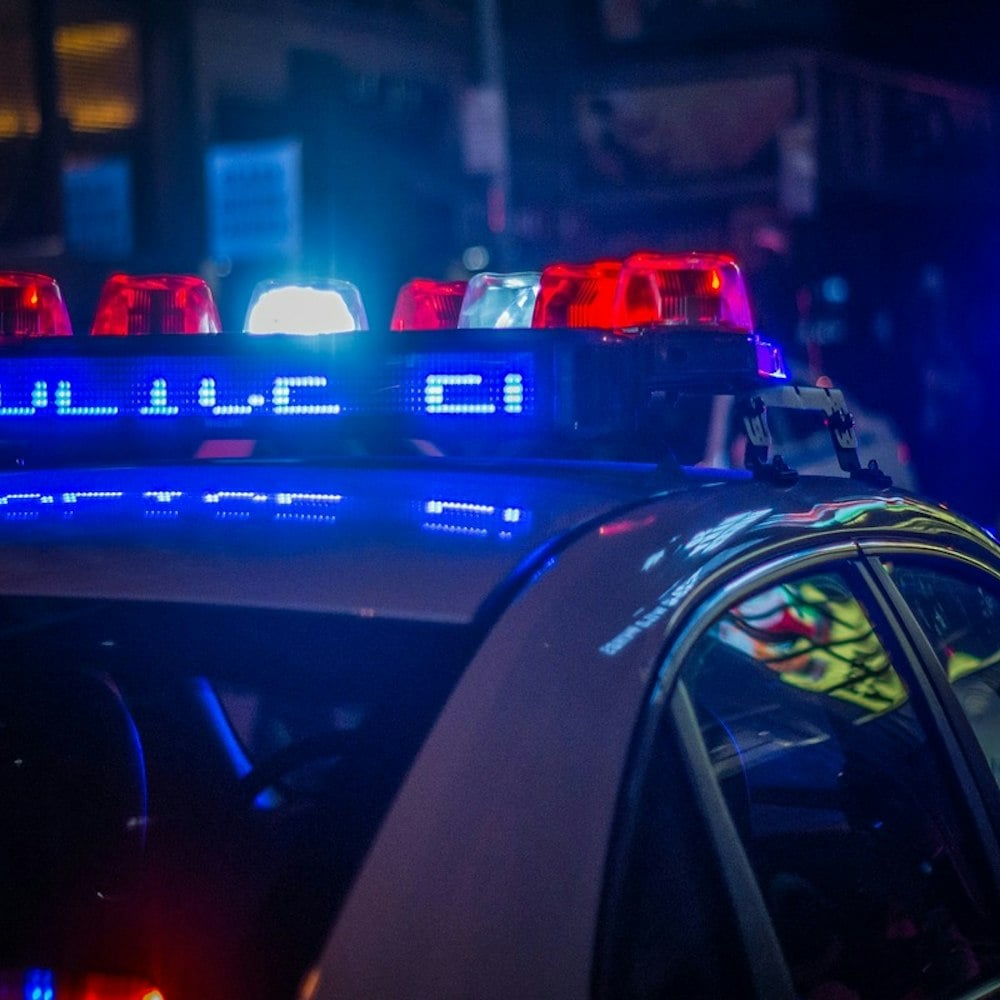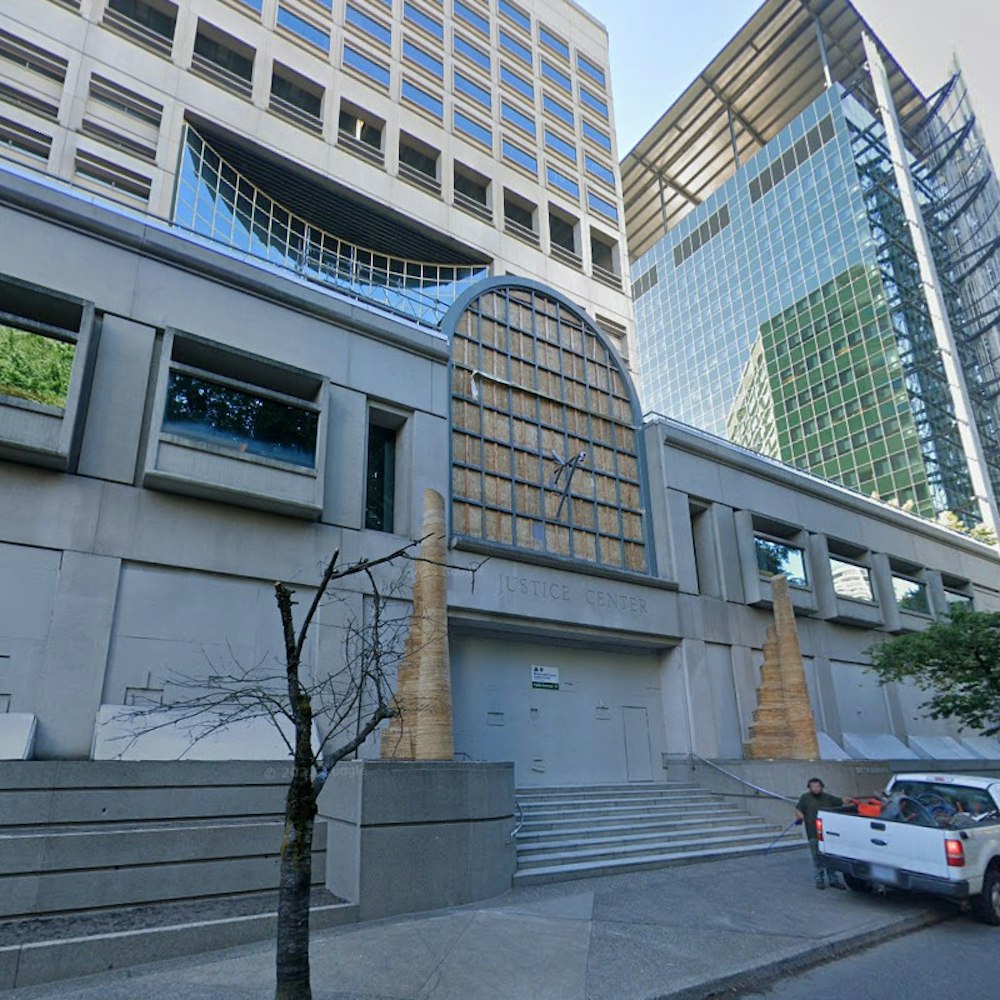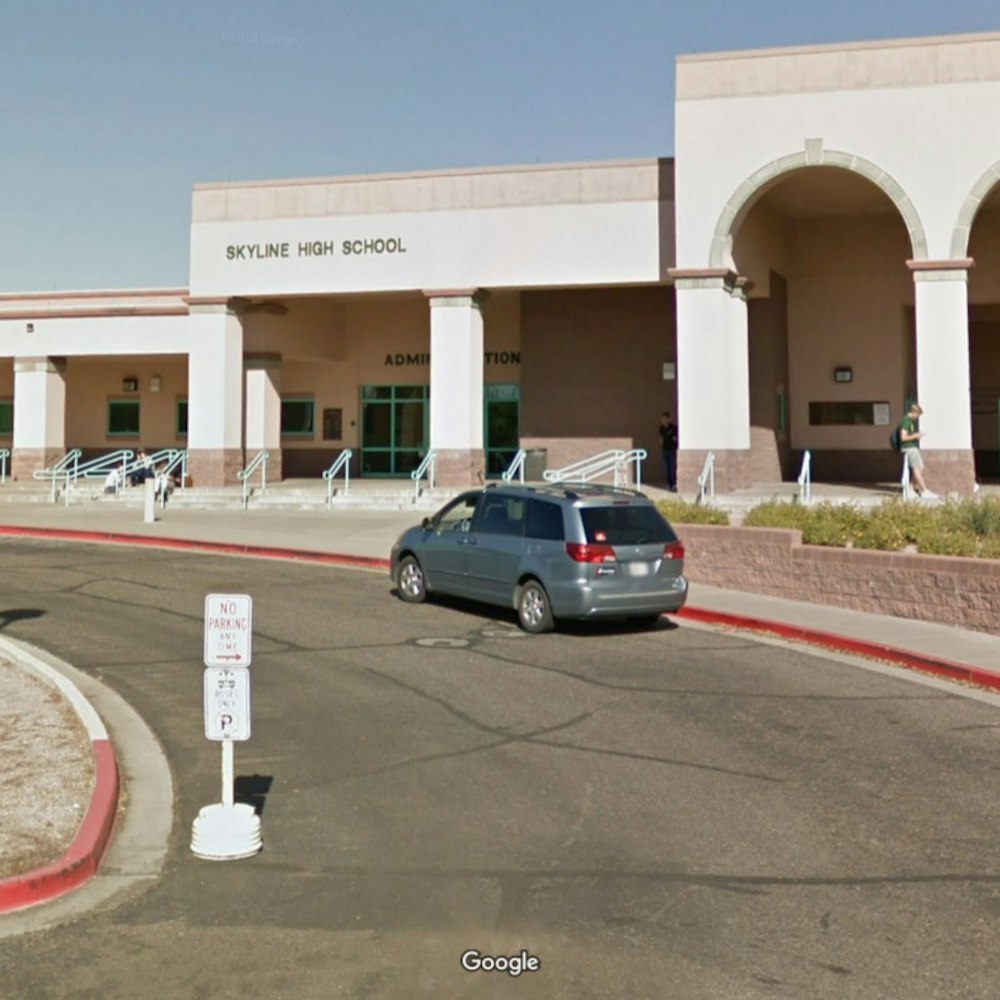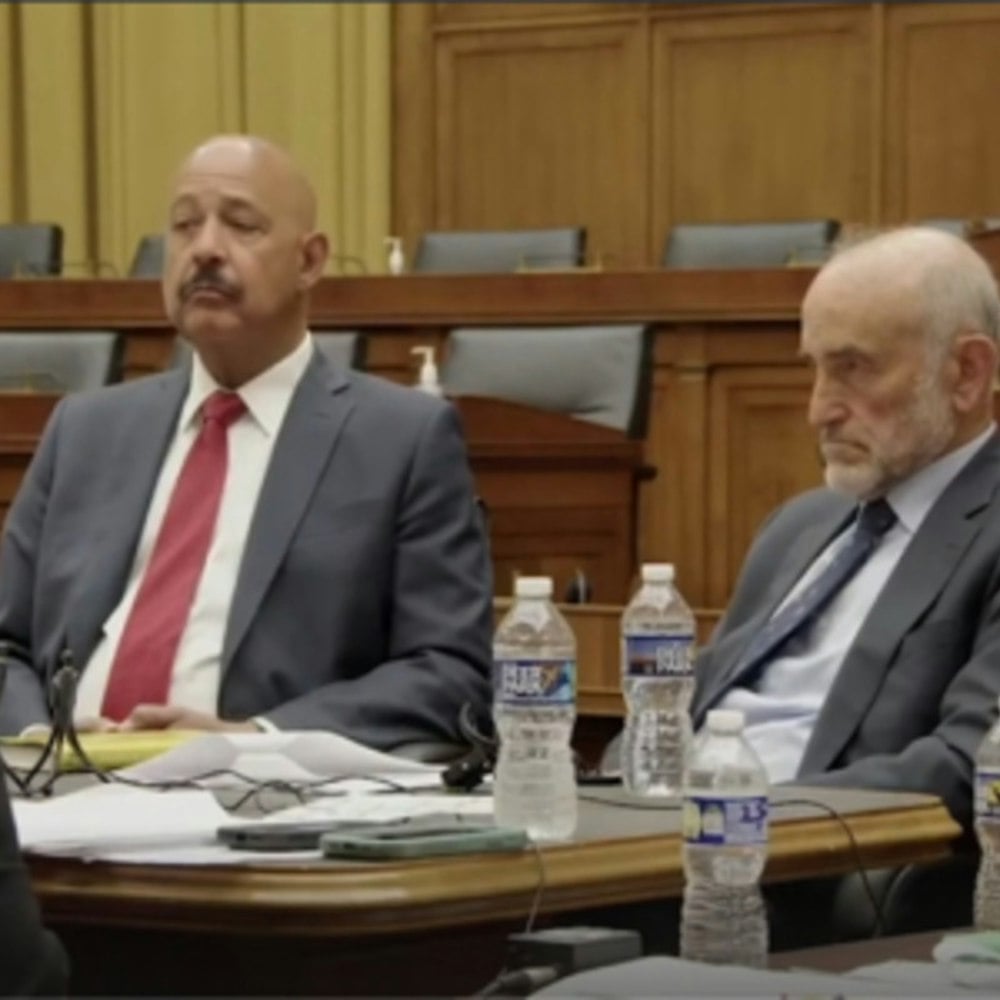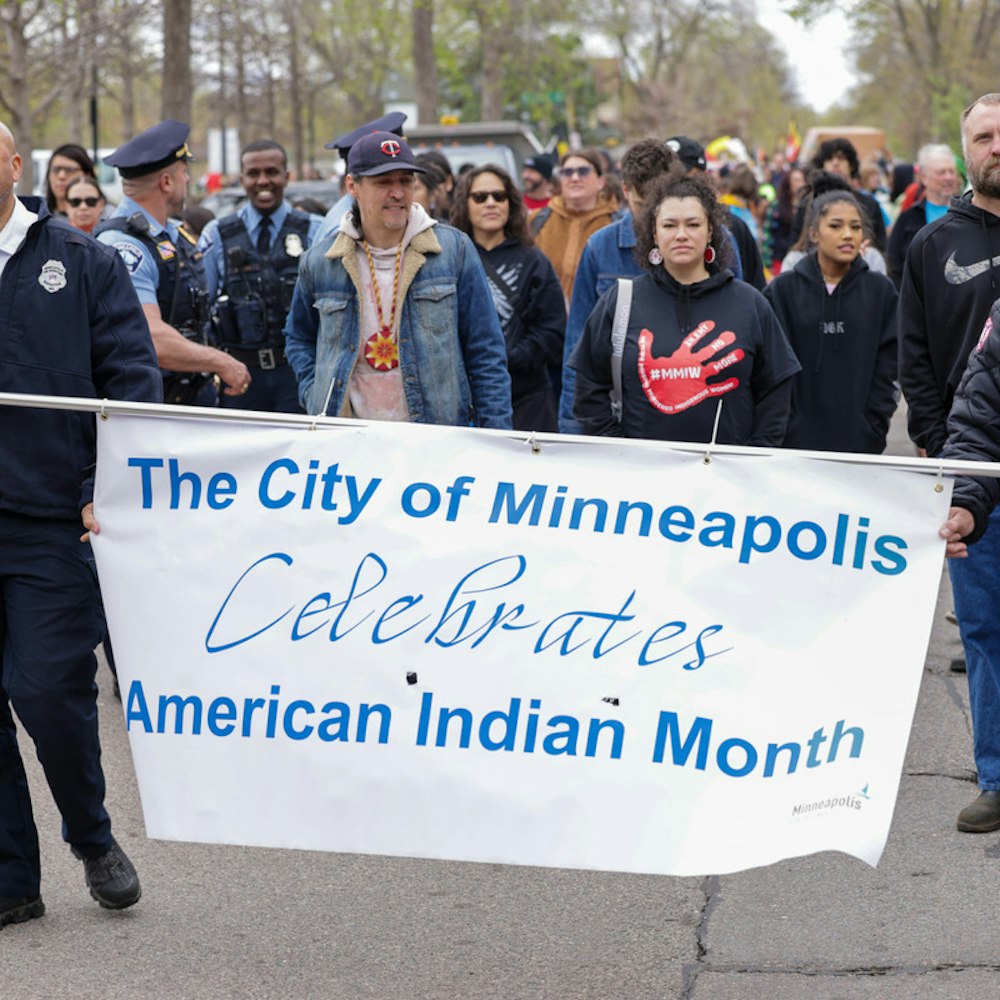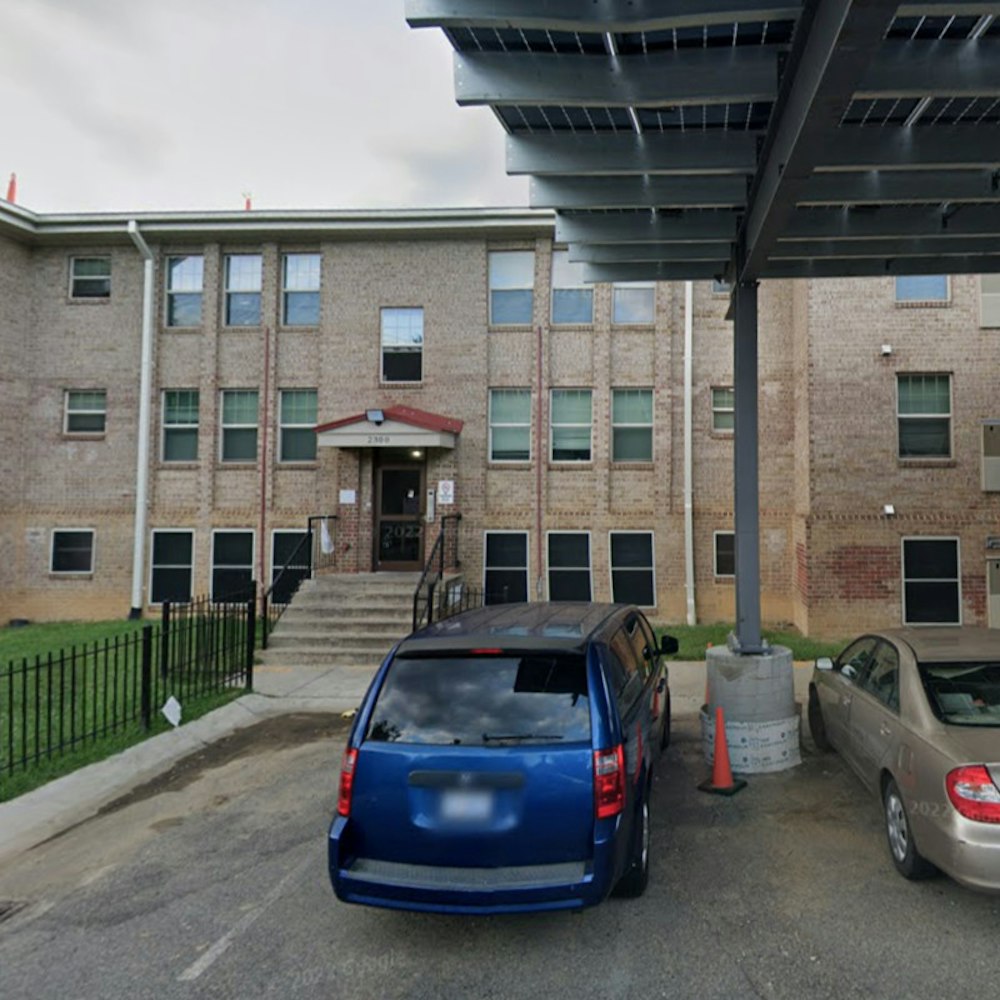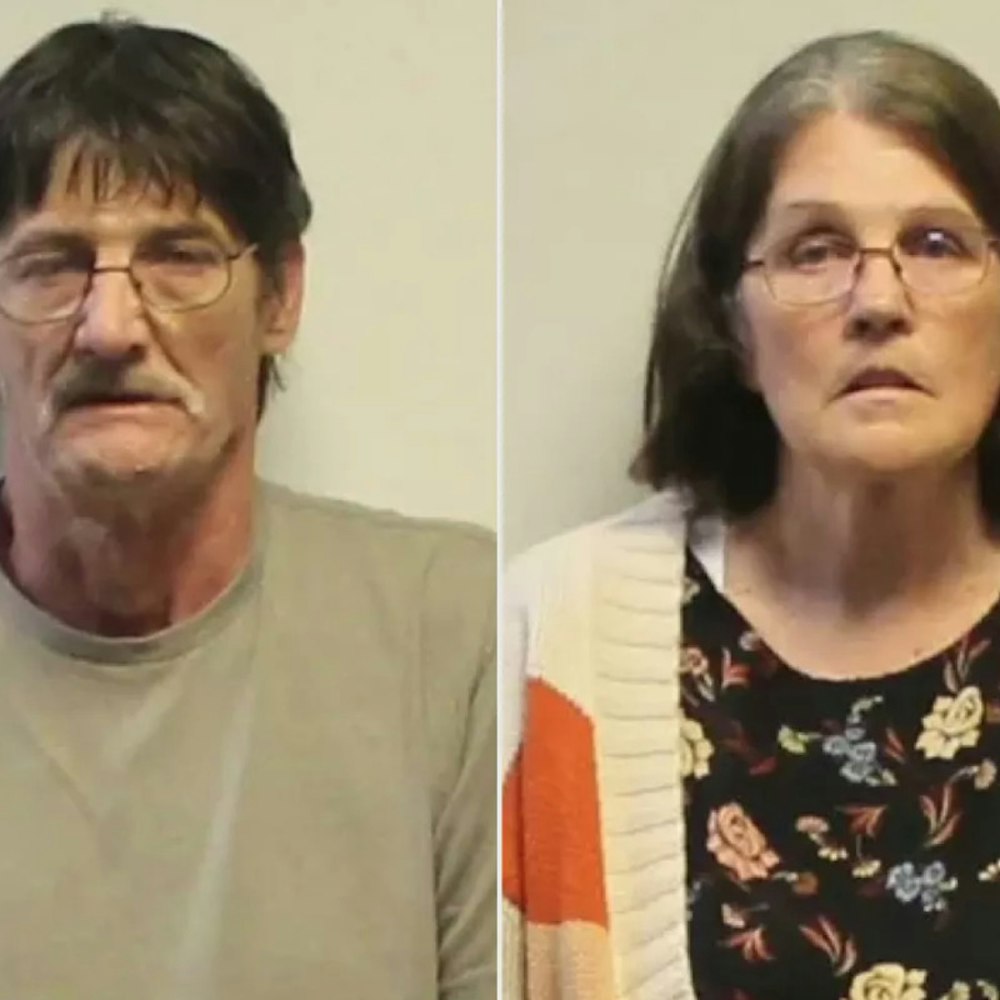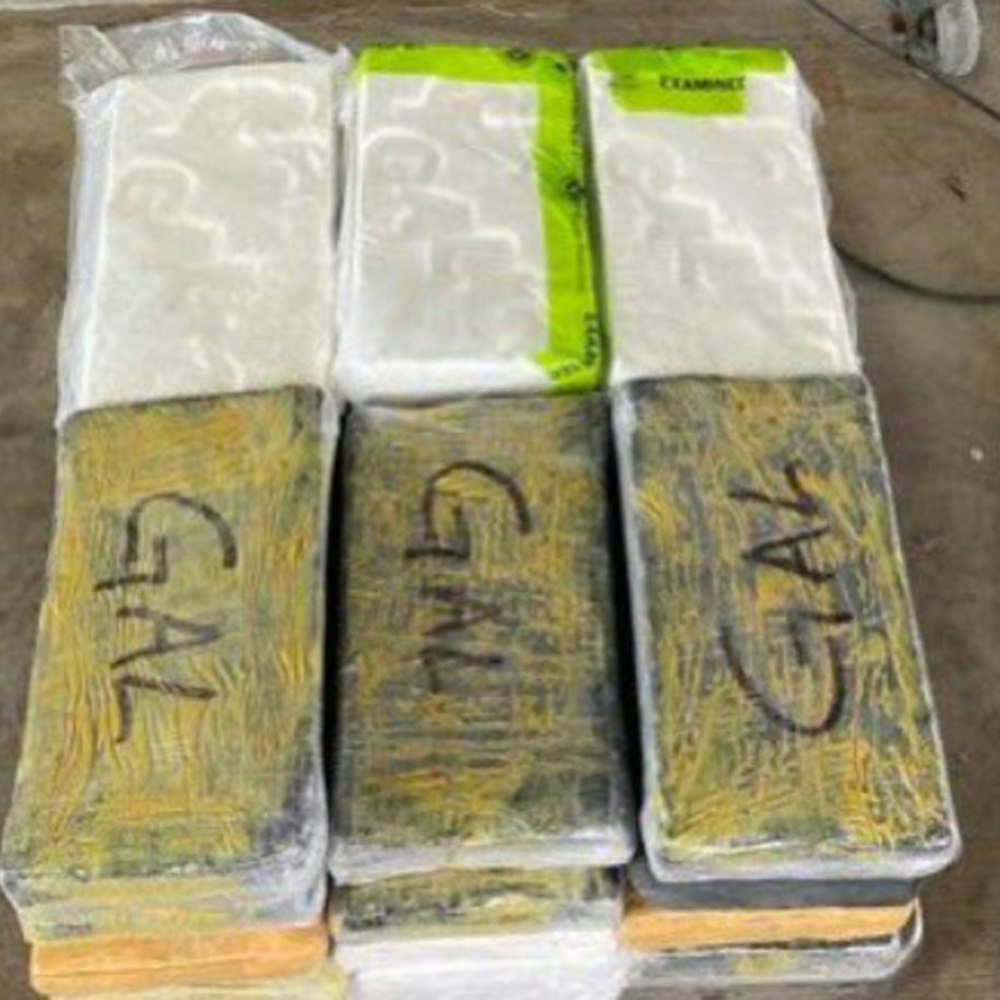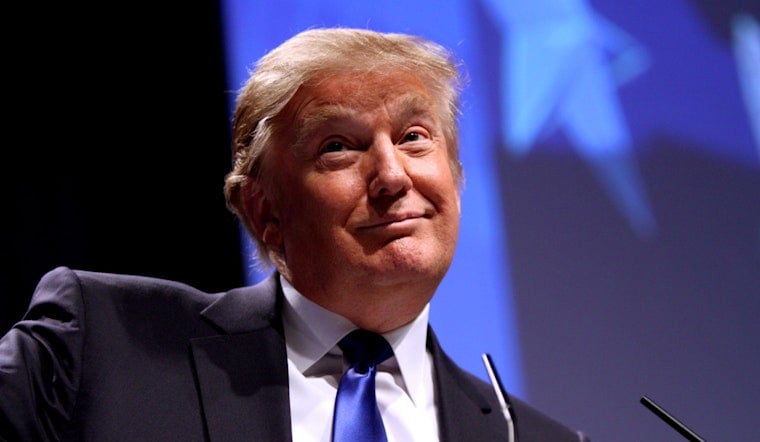
As the trial against former President Donald Trump over alleged hush money payments began this Monday in New York, the discourse quickly centered on whether it could act as a stand-in for more significant charges of election tampering he faces elsewhere. Lead prosecutor Matthew Colangelo aimed to firmly connect the trial to Trump's 2016 campaign conduct, alleging the $130,000 payment to adult film actor Stormy Daniels was part of a "criminal scheme to corrupt the presidential election," as reported by WABE.
Despite the gravity of the accusations, the New York trial might not carry the same weight as the elections charges Trump faces in other courts. The former president has been accused of trying to directly interfere in the 2020 election results, but trials for these allegations are conveniently delayed to possibly after the November elections. The timing raises the stakes for the current case to possibly serve as the only litmus test this year for whether Trump tried to illegally influence an election, even though it fundamentally concerns falsifying business records—a misdemeanor upgraded to a felony due to its potential link to election law infractions.
Trump's defense attorney, Todd Blanche, dismissed the notion that the hush money case could equate to election manipulation. "I have a spoiler alert: There's nothing wrong with trying to influence an election. It's called democracy," Blanche said, "They put something sinister on this idea, as if it's a crime. You'll learn it's not," as reported by WABE.
Legal experts, however, express skepticism over the connections drawn by prosecutors between the hush money payments and the broader concept of election interference. Richard Painter, once of the White House counsel under George W. Bush, believes the evidence meets the threshold for a felony but is uncertain about the "election interference" label. Simultaneously, UCLA law professor Richard Hasen criticized the comparison of this charge to those related to attempting to directly alter vote totals. Both scholars indicated a potential risk of diminishing public perception of the charges' severity.
The spotlight of the trial, nevertheless, remains on the alleged suppression of information from voters, with Manhattan District Attorney Alvin Bragg labeling it "election interference." Such a characterization, according to Paul Butler of Georgetown Law, may be more a strategy to raise the case's profile rather than a strict legal standpoint. Amid all the legal sparring, Trump has denied the affair with Daniels and insists the payments were legitimate legal expenses, as per WABE.
